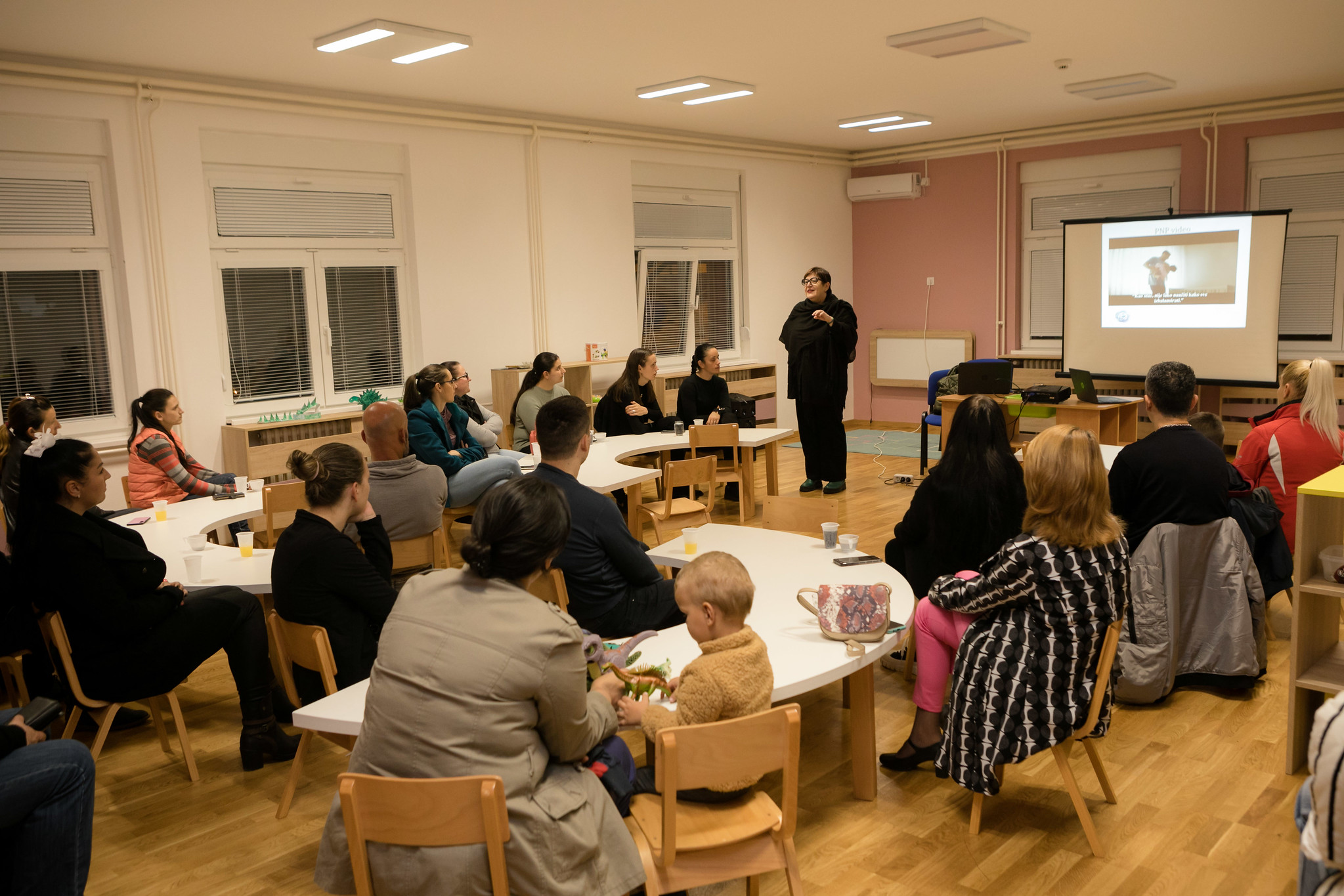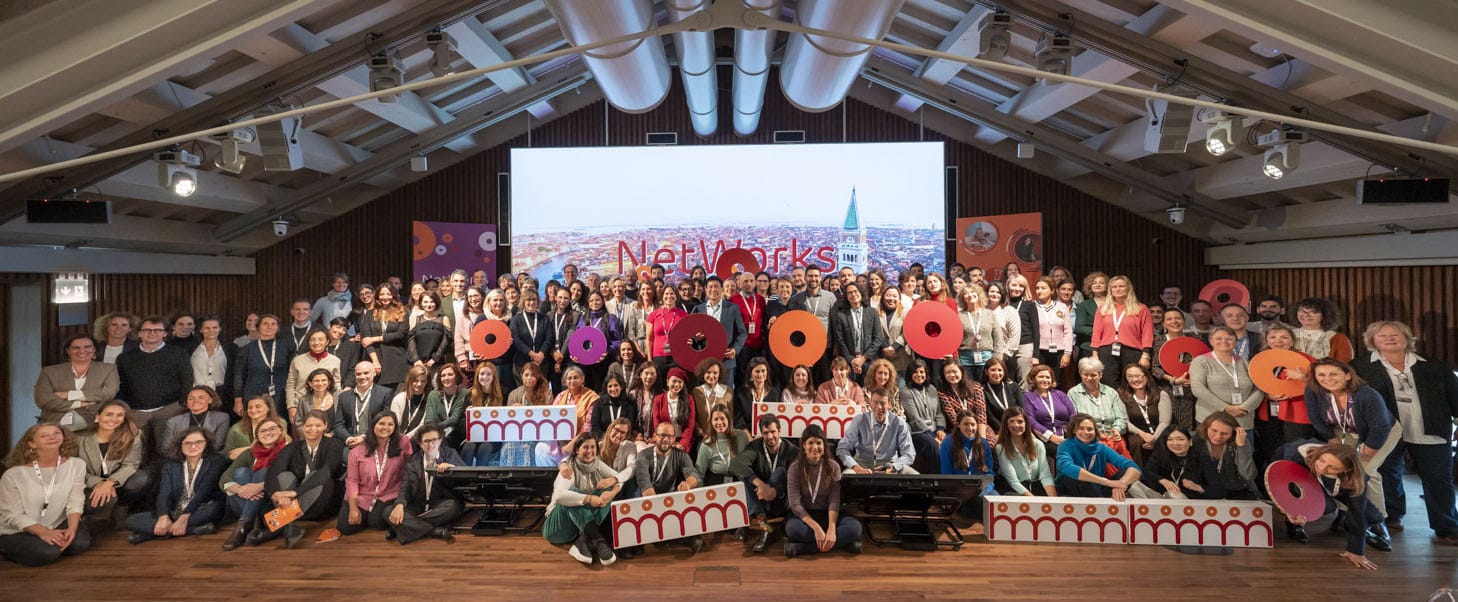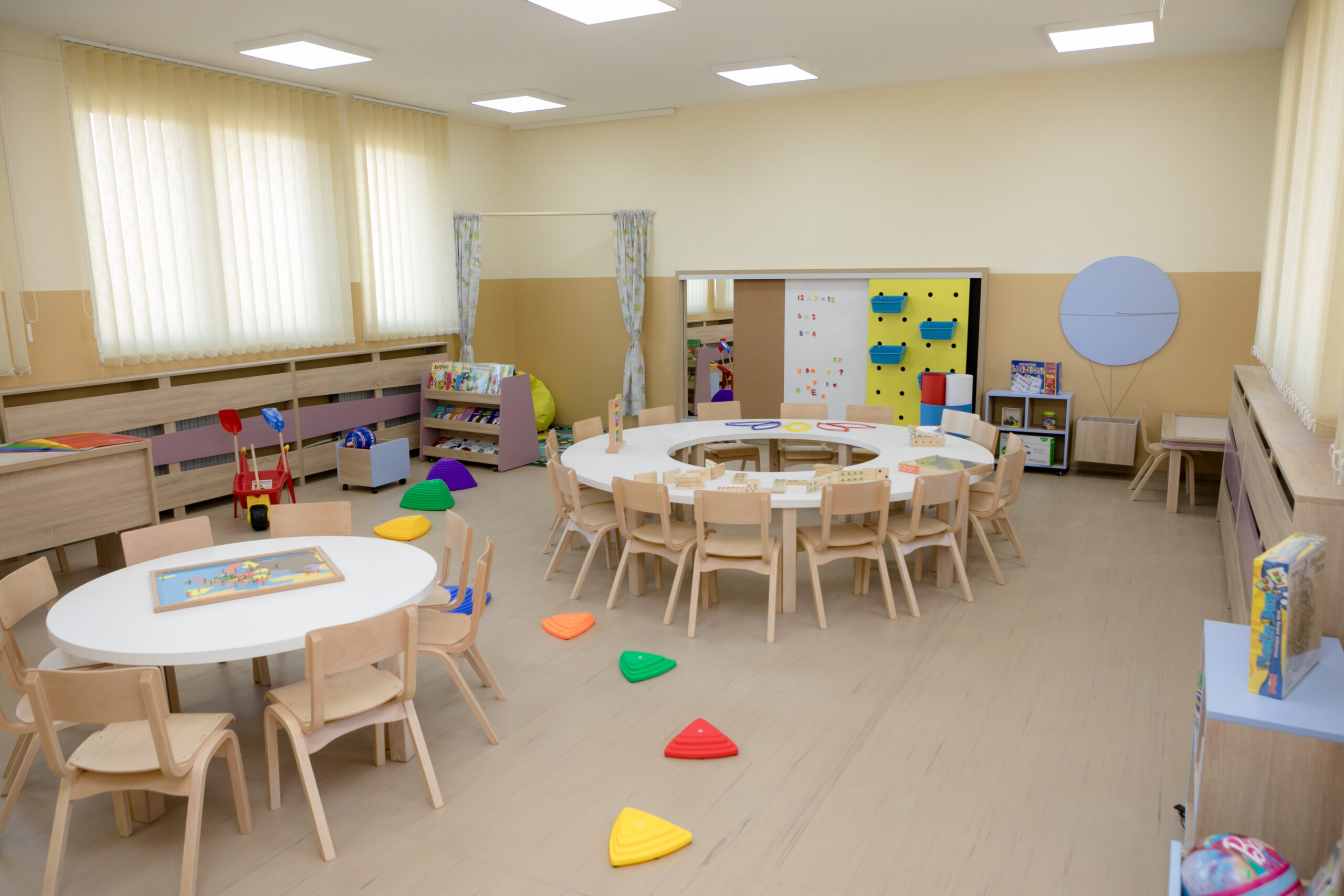Children’s and parental feelings are often known to be very strong. It happens that when children exhibit unacceptable behavior for parents, parents are overwhelmed by anger at the speed of light. The stronger the parent’s anger, the stronger the child’s anger and this is somehow interconnected.
[dropcap]T[/dropcap]he practice has shown us that when parents are overwhelmed by anger and when the stress emergency siren sounds, there is a whole range of how they react in these situations. Some of them will not stop talking, pointing out what’s wrong with children’s behavior, others will label their children in a most terrible way by calling them not-so-nice names, some will demand their children to get better, other parents will threat, or frighten them, order, criticize, and so on.
Some parents, however, will use extra aids, such as a spatula, because they need an aid without which they could never disperse the clouds that were hovering over them in moments of anger. In order to prevent them from popping up to bare skin, they decide to fire anti-aircraft missiles whose main ammunition is the spatula. They also often use a simpler form of a rocket, called a twig, or a twiglet, a pet name used by the rocket launchers, and thus think the range of activities will be gentler and far more powerful. In this way, the parent radar center defends their integrity, responsibility, the need for respect and effort they invest in raising and educating their own children.

Anger arises from our thoughts, so-called angry or judgmental thoughts, that are created in our head when a child does or says something that is not in line with our values, expectations, desires.
Where does anger come from?
Anger arises from our thoughts, so-called angry or judgmental thoughts, that are created in our head when a child does or says something that is not in line with our values, expectations, desires. Some of such angry thoughts of parents are: ‘they must not do this to me,’ ‘I did not deserve this,’ ‘you will not play smart on me,’ ‘this is not why I gave birth to you,’ ‘how can you do this to me,’ ‘look at this brat,’ ‘I gave birth to you so I know what is best for you,’ ‘I did not give birth to you so that you can think, I think instead of you,’ etc.
Few parents will say that in moments their children experience anger can manage to react in a constructive way.
Anger is an emotion that comes from our thoughts and it arises because we think of something that has to do with the situation our child finds himself/herself in. The more intense the thought – the angrier the child is. That is why it is important that we learn to control thoughts. Because thoughts are basically some of our needs, which tell us some things about us that are very important to us. Here is what it is like in examples and what needs may be at the root of some thoughts.
-
JUDGING THOUGHT
“I gave birth to you so I know what is best for you.”
“Are you trying to say I am stupid?”
“Look at the unruly child I gave birth too!”
“Your job is not to think, I will think instead of you.”
“Now we’ll see which came first, a hen or an egg.”
“Look at this brat, you naughty!”
“How can you do this to me?”
“You will not play smart on me.”
“I did not deserve this.”
-
NEEDS BASED ON JUDGING THOUGHTS
I want the experience and knowledge I have to be appreciated.
Please appreciate my life experience and I need appreciation for what I know.
I need you to understand why I am telling you this.
Believe the words I am saying.
I want appreciation.
I want to be understood.
It is important to me that you consider the consequences of the decisions you want to make.
I want to be trusted, and I am telling you this as I have considered different possibilities.
What I do the best I can, I want to be appreciated.

The stronger the parent’s anger, the stronger the child’s anger and this is somehow interconnected.
When parents focus on the needs, they can constructively respond to some unacceptable behavior of the child, in which case the anger subsides. However, when parental behavior goes beyond what we think in a given situation, parental reactions are usually not constructive and anger is fuelled.
In the next blog, we will write about the different ways parents can react when they are overwhelmed by anger over a child’s unacceptable behavior. So keep following our blog!

















